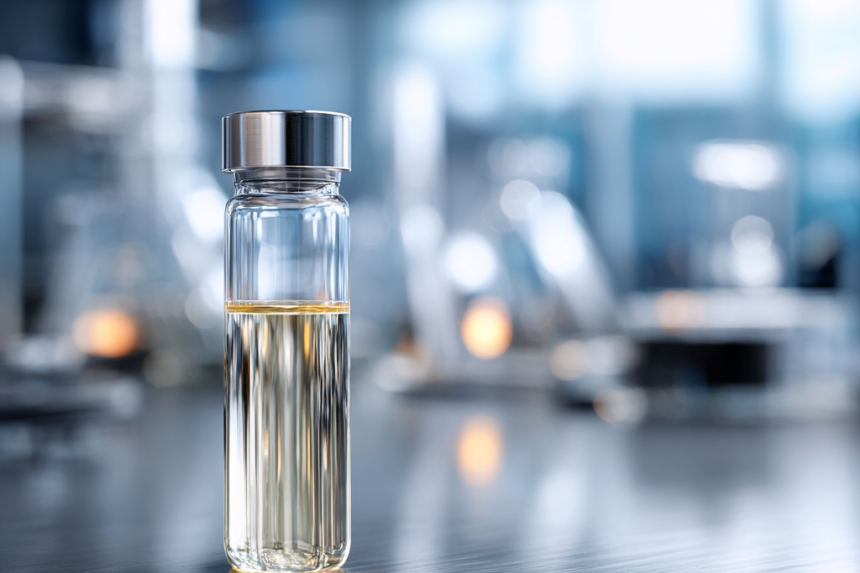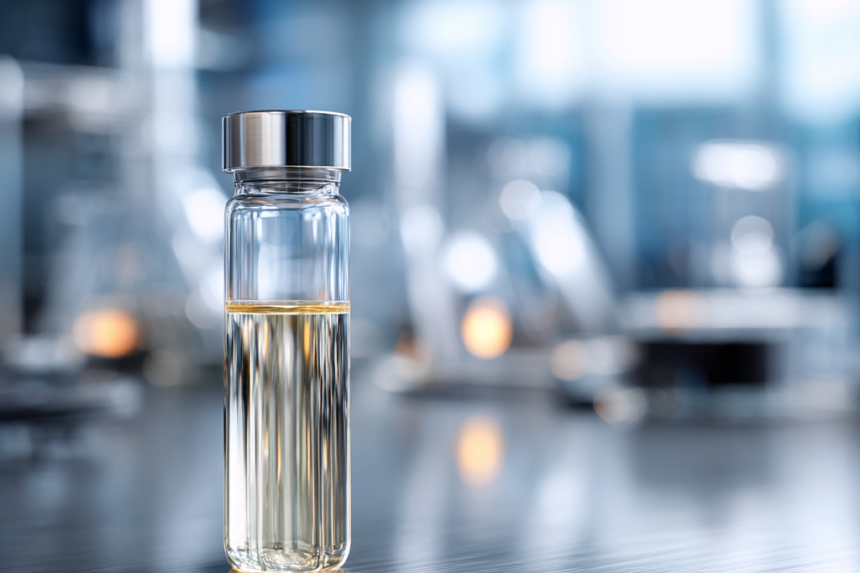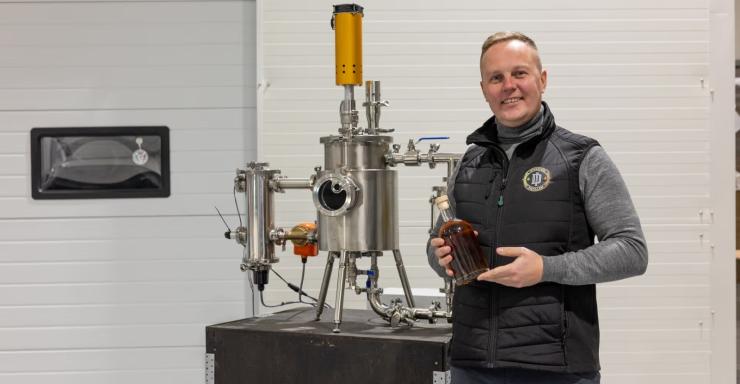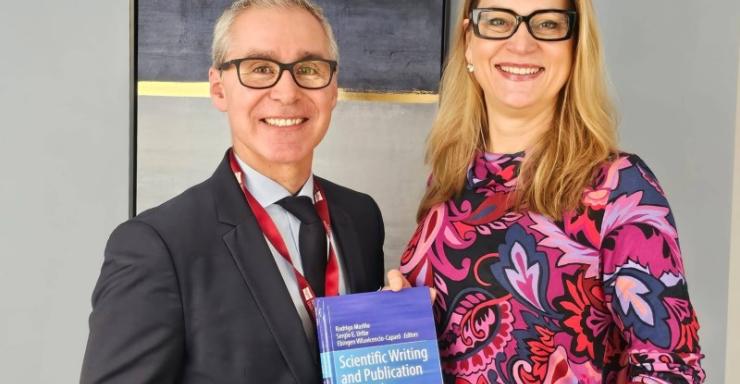Today, food packaging serves not only as a protective barrier but can also pose potential risks. Studies indicate that certain packaging materials may release chemicals, raising concerns about their impact on human health.

Key Facts to Know:
- Per- and Polyfluoroalkyl Substances (PFAS): These chemicals are used to make packaging resistant to grease and water. Prolonged exposure to certain PFAS compounds has been linked to increased cholesterol levels, high blood pressure, immune system alterations, and even cancer. (U.S. Food and Drug Administration - FDA, 2025)
- Microplastics and Nanoplastics: The degradation of plastic packaging can result in microplastic and nanoplastic contamination in food. While current scientific evidence does not confirm direct health risks at detected levels, ongoing research aims to fully understand their potential effects. (FDA, 2024)
- Bisphenol A (BPA): A chemical used in polycarbonate plastics, commonly found in beverage bottles and food can linings. Although the FDA currently considers BPA levels in food to be safe, continuous studies are being conducted to assess any potential risks. (FDA, 2023)
A biodegradable packaging solution could provide the answer. At the Latvian State Institute of Wood Chemistry (LSIWC), researchers are developing a sustainable food packaging solution. The project "Isolation of fish protein hydrolyzate and its condensation with plant catechol derivatives to develop improved starch/protein based food packaging" (No. 23-00-U2021902-000001) aims to create biodegradable and active packaging by utilizing fish protein hydrolysates and catechol derivatives from tree bark.
Project Objectives
- Develop a Technology Prototype: Extract reactive amino compounds from non-food fish and fish waste, producing a value-added product that integrates seamlessly into existing fish meal and fish oil production processes.
- Immobilize Bark Extract Catechol Derivatives: Develop a technological approach to bind catechol derivatives from bark extracts onto fish-derived amino compounds.
- Integrate Functional Components: Incorporate the resulting functional component into starch biopolymer films and evaluate their potential as food packaging materials.
Anticipated Results and Benefits
The anticipated results of the project include a significant increase in the value derived from each kilogram of fish, ensuring more efficient use of marine resources by transforming low-value or waste materials into high-value products. The development of advanced food packaging materials with antioxidant and antimicrobial properties is expected to extend the shelf life of food and reduce reliance on synthetic preservatives and additives. This innovation will also enhance the competitiveness of bio-based packaging by providing manufacturers with novel components that improve the mechanical strength and barrier properties of biopolymer films, effectively turning conventional packaging into active food packaging. Furthermore, the wider adoption of such competitive bio-packaging solutions will contribute to a reduced environmental footprint by lowering plastic waste, minimizing microplastic pollution in water, soil, and air, and cutting down CO₂ emissions linked to the production of fossil-based packaging materials.


